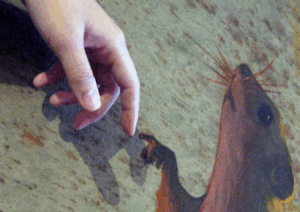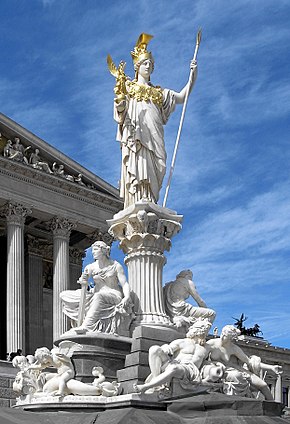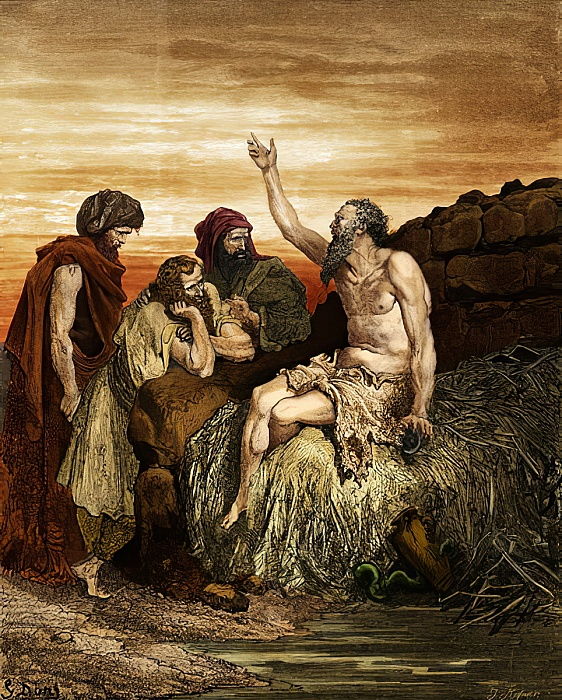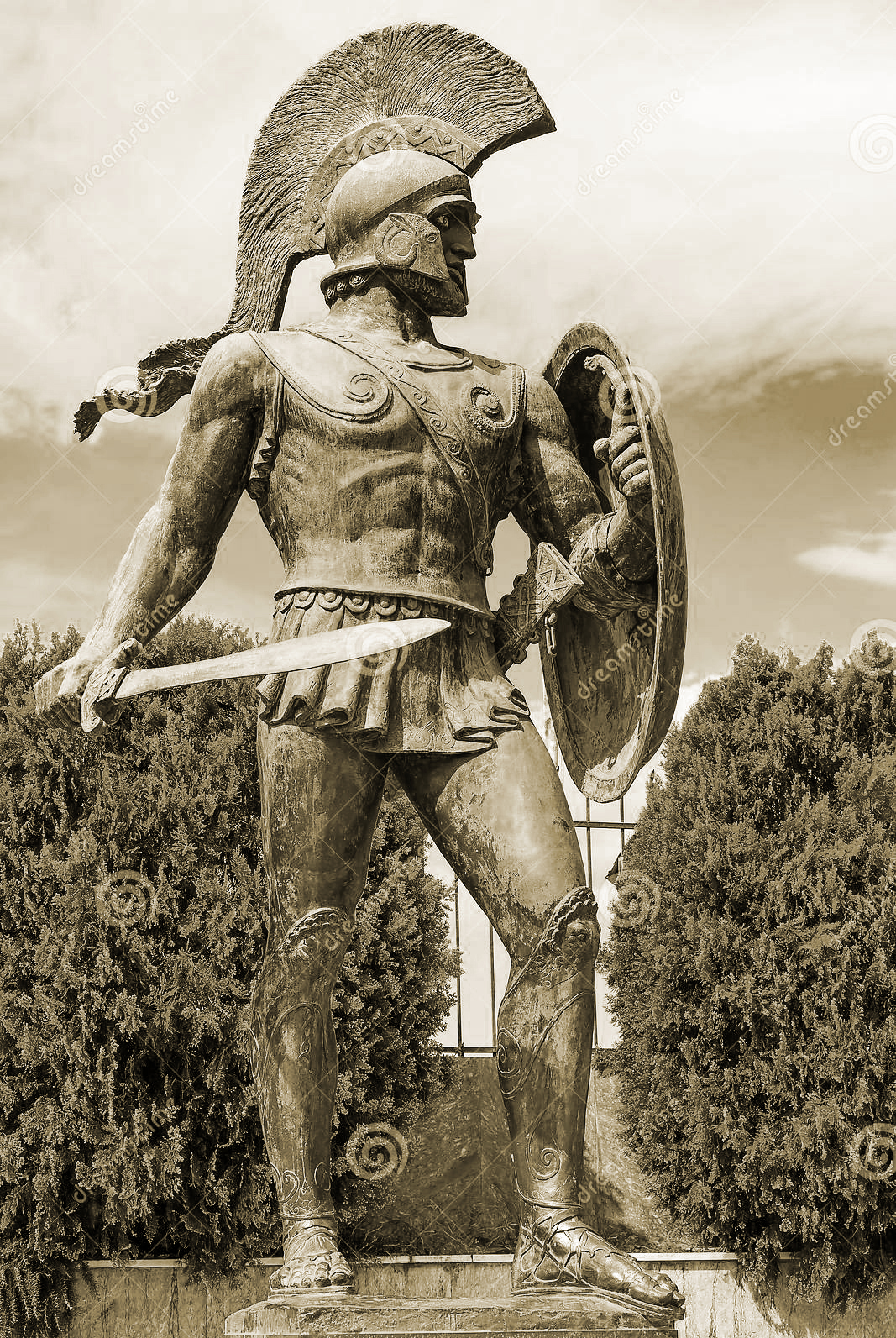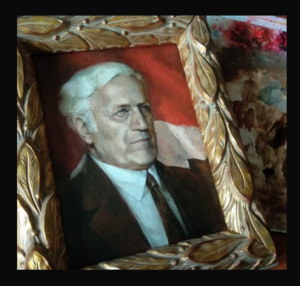
The following is part of a 1994 interview conducted by Kerry Bolton with Miguel Serrano (original in Spanish, here):
You define yourself as an ‘Esoteric Hitlerist’. Please explain the term.
Hitler said that ‘whoever thinks that National Socialism is only a political movement doesn’t understand anything’. National Socialism was always Hitlerism, and Hitlerism always had an esoterical background. At the end of the 1930s and during the war years, it was not possible or convenient for this theme to be widely known. However, after the war and its apparent loss, there was no other way for Hitlerism than the esoteric development.
For me, Esoteric Hitlerism is being possessed by the archetypes of the collective unconscious, which the Greeks used to call Gods [emphasis by Editor]—among them Apollo, which is Wotan for the Germans and Vishnu or Shiva for the Hindus—and its development into the individual and collective souls of the actual Hitlerist warriors.
That means a new/old religion, with all of its rituals and myths which are necessary to discover or rediscover. Its central drama is the apparition on this earth of the person of Adolf Hitler, the last Avatar who came to produce this enormous storm of catastrophe to awake all those who are asleep and to open the New Age which will come after the Deluge. That is why we have started to count the beginning of the New Age after the birth of Hitler.
We are in the year 105.
How did you arrive at Hitlerism, both esoterically and exoterically?
I arrived at the exoteric Hitlerism from the political Left, very much impressed by the heroic death of the sixty-two young Chilean Nazi followers of my generation in 1938. During the War, I published a magazine in favour of the Axis, called La Nueva Edad (‘the New Era’) and suddenly I met some SS men and little later my Chilean Master, who revealed to me the secret roots of Hitlerism…
Does your esotericism imply any form of ritual or worship?
Yes, it does. We in Chile are the only ones who perform public ceremonies similar to those performed at the Congress of Nuremberg, like Autos sacramentales but now not in public anymore. The rituals can be performed in the Equinoxes and the solstices. Also, we use individual concentrations, sometimes in tiny groups…
To what extent does your esotericism relate to Jungian archetypes and the use of symbols such as runes?
The runes are significant magic symbols, but the code of their interpretation has been lost and its power is almost destroyed by the malicious vulgarisation made by the Jews. It is necessary to rescue them, as I did in my book Adolf Hitler, The Last Avatar. We must use some of them in our mental combat. However, it is not good to talk openly about all of this.
In what circumstances did you come to know Jung? We know that Jung recognised National Socialism as a resurgence of the Wotan ‘Shadow’ of the Germanic folk. Did Jung view the release of this archetype as a positive or a negative phenomenon?
In my book published in England and the US, C. G. Jung & Herman Hesse, A Record of Two Friendships, I explained the circumstances which brought me to meet Jung. He wrote the Foreword to my book The Visits of the Queen of Sheba.
I think that this Swiss professor knew better than anyone else in our time who Hitler really was. In the book of Professor McQuyre, Jung Speaking, published by Princeton University Press, three interviews of Prof. Jung on Hitler are reproduced. One is in The Observer of London, another in an American newspaper and the third in Radio Berlin, at the end of 1938. In these interviews, Jung stated that Hitler was possessed by the collective unconscious of the Aryan race. [Emphasis by Editor—Alas, today whites are literally possessed by the Jesus archetype!] This means that Hitler was the spokesman of the whole Aryan world…
Nevertheless, Jung was a cunning and opportunistic man, as I can see it today. When Hitler was in full power and National Socialism on top, Jung coined the term ‘Two collective unconscious’ [Emphasis by Editor], which was a lethal weapon against the Jews and the Freudians. After the war, this concept disappeared from his writings in such a way that today it is impossible to find it in his complete works. I have a book published in Argentina in 1939 under the name El Yo y el Inconsciente (‘Self and the Unconscious’) where it is explained. Moreover, Jung took a Jewish woman as a secretary.
What were the circumstances in which you came to know Ezra Pound? Pound is said to have repudiated his pro-fascist views towards the end of his life and to have regretted his former fascist associations. Is this true?
I met Ezra Pound for the first time in Venice. He was already mute at the time, but he broke his silence with me. I have told this in my book published in Spanish and German under the title Die Goldenen Band, and again in Adolf Hitler, el último Avatara. It is untrue that Pound regretted his pro-fascist views towards the end of his life. He didn’t speak or write at all, therefore he can’t have done this. I think he was in voluntary silence so that no one could force him to make an unwilling declaration. He once wrote: ‘Keep yourself to your old dreams so that our world will not lose hope’.
What were the esoteric currents behind the NSDAP and the Third Reich?
Hitlerism as Otto Rahn could say, was Luciferian (nothing to do with Satanism). Lucifer is the Morning Star and the Ruhne ‘Veneris’…
The National Socialist regime banned the Thule Society and other occult orders whose members had been involved with the founding of the NSDAP. Why were these orders banned? Did the Thulists and other occultists retain influence in the NS regime?
The Third Reich banned the Thule Society and other occult orders because there was much old nonsense in these clubs, as well as some connections with Freemasonic societies like the Golden Dawn…
Do you consider the SS to have been an esoteric order as some authors claim?
The SS was also influenced by the Templar Order, as Julius Evola said to me. There was an elite SS which was working with Tantrism. They didn’t have enough time to fulfil their conceptions. Anyhow, they tried hard to produce the Over-Man by using blood alchemy.
So you consider National Socialism to have been strictly a phenomenon arising to meet the needs of the 20th century, or to be more broadly part of an esoteric tradition?
There was an exoteric National Socialism until 1945. After this date, at the end of the war, what followed was the esoteric Hitlerism, which nobody will be able to stop now because it is the ‘constellation’ and revelation of an Archetype which was incarnated in the person of Adolf Hitler, who is immortal because of this fact. It is not a ‘fetishism’ to adore and be at the service of an Archetype. Quite the contrary, this means to be a founder or a warrior-priest of a new-old Religion.
How do you view Christianity in relation to National Socialism and fascism, considering many fascist leaders such as Leon Degrelle came to National Socialism from Catholicism?
Hitlerism and Christianity are completely opposed, as are Paganism and Christianity. Christianity has been completely spoiled by Judaism. My dearest friend and comrade Leon Degrelle had great doubts at the end of his life, I am afraid. And by special disposition asked to be cremated like Baldur. This was an Aryan decision and not a Christian one.
You are, I believe, a worshiper of Shiva. To what extent is National Socialism a reflection of Hindu cosmology as propounded, for example, by Savitri Devi?
Shiva is the same as Wotan. Both of them at the beginning were only heroes of the polar or hyperborean race, the embodiment of an Archetype. The legend has made them Gods. The first race had the power called odil, vril, which has now been lost. The task of the esoteric Hitlerists is to try to recover this power and become like Shiva or Wotan again: the Over-Man.
Do you consider history as cyclic, and if so, do you consider, like Oswald Spengler, the West to be in irreversible decline? Should we seek to ‘save the West’, or—as Nietzsche said—‘to push the falling’ so that something new might emerge?
We are now at the end of the cycle of the Kali-Yuga. It is like a harvest; the exact number of grains have matured and very few have done so. A new age will be about the Sun again in a New Earth, or the soul of the actual Earth. We struggle to save the soul of this Earth, and to avoid that she may perish along with everything else… The ‘acceleration of time’ will come even before what we can think or expect.
What role do you think Russia will take in future world affairs? Many liberals and Zionists are fearful of a ‘fascist’ takeover of Russia. Do you think it is likely?
I am always afraid of Russia; there is a seed of madness in this area of the world, surely because of the mixture of the Mongolian and yellow races. The ‘Charter of Charlotenburg’ envisaged for Russia a very serious and deep ethnic division: the Viking and German stock with Europe, and the rest with Asia, Mongolia and China. To have fascism and Nazism in Russia it is necessary to understand the racial problem. The prospect of an open Hitlerist resurgence after decades of propaganda seems remote.
How do you view the future of National Socialism? Will National Socialism emerge perhaps under another name and another symbol; or do you see Hitler and the swastika as enduring symbols, perhaps even archetypes with an enduring power of their own?
At this moment I cannot predict the prospect of a Hitlerist resurgence. The only thing that I can say is that I am always surprised that despite decades of brainwashing propaganda, young people are born again as Nazis and admirers of Hitler as if they were ‘reincarnated’ to follow the struggle on Earth. This gives me hope and new energy to continue with the fight.
Hitler and the swastika are enduring and eternal symbols, certainly archetypes with ‘enduring powers of their own’. The Archetype will do the world by itself, even without our best knowledge and beyond our will and our limited span of life. That is our hope, our belief and the only thing that I know.
The Chilean military junta was called ‘fascist’ but let in the global corporations and adopted the free market economics of Milton Friedman et al. How did you view the Junta?
The Junta was a disaster for Chile, as were all professional military. Hitlerism and Nazism are completely the opposite of a military dictatorship; Franco was a traitor who destroyed the Falange. General Vargas destroyed fascist ‘integralism’ in Brazil; Antonescu destroyed the Iron Guard in Romania; the military in Chile helped to kill the young Nazis in 1938, and Pinochet helped the Jews coming into Chile as well as Friedman’s liberal super-capitalism.
I was always openly against Pinochet’s regime, totally separating Hitlerism from his dictatorship. Hitlerism is a cosmogonic conception, a totalitarian and theocratic Weltanschauung, in opposition to the totalitarian and demoniac cosmogonic conception of the Jews.
What is your view of Islam which presently seems to be the only major force standing in the way of global consumerism and usury?
My view of Islam is not favourable at all. They are also a fanatic monotheistic people, and we are pagans and polytheists.
I have read that you have made references to Lucifer. How do you view Lucifer, and is there a connection between Luciferianism and Esoteric Hitlerism?
Yes, I am a Luciferian in the sense that Lucifer is the Morning Star, the ‘most beautiful light’, and the Morning Star is a God-Goddess, Venus. It is more than a planet, it is a comet that has stopped where it is now, to recall to men its divine and spiritual origin and to show them the way to recover it.
What is your opinion of ‘neo-Nazism’, which often seems to be influenced by a superficial American-style bigotry rather than a deeper European philosophy? What is your opinion of such neo-Nazi leaders as Lincoln Rockwell?
I will not speak badly of Rockwell. I think he was touched by the lightning of the Archetype and was killed to be reborn in the ‘Last Battalion’. His loyal follower Matt Koehl has been trying hard to keep some spark of the fire alive, even amid this superficial ‘American-style bigotry’.
What do you consider Man’s destiny to be? Nietzschean Over-Man? What about space colonisation as the ultimate expression of the Faustian soul?
There is no destiny for all of mankind, only for some. To recover their divinity, but not as ‘unconscious Gods’, but fully conscious, as a total man, in the sense of Jungian ‘individuation’: a God conscious of himself which is only possible to achieve on this Earth. To obtain this is the meaning of Esoteric Hitlerism.
Parting word:
I want to express to the young comrades in England, Australia, and New Zealand and the English- and German-speaking world at large, that none of these things will be obtained if we don’t give a synchronistic battle also in the physical world against the Great Enemy, even at the risk of losing our mortal life.
 In this, we have a common ideal with the Muslims, who think to die in battle to reach the Heaven of Allah. We believe that if we are killed or murdered for our ideals we will come to Walhalla, where Wotan and our Walkiria will give us, centuplicated, all of that which we were unable to achieve in our warrior life on Earth—but only if we are real Esoteric Hitlerist Warriors!
In this, we have a common ideal with the Muslims, who think to die in battle to reach the Heaven of Allah. We believe that if we are killed or murdered for our ideals we will come to Walhalla, where Wotan and our Walkiria will give us, centuplicated, all of that which we were unable to achieve in our warrior life on Earth—but only if we are real Esoteric Hitlerist Warriors!
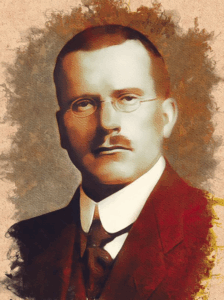 I’ve been saying that the chasm that separates me from white nationalists is that they get stuck, and often take steps backward, in trying to cross the psychological Rubicon that leads us to National Socialism. A glaring example of this is that some of them like Hollywood movies. Given that Hollywood is dominated by Jews, and white nationalists claim to be aware of the JQ, it’s surprising that this obvious doublethink, or wanting to have it both ways, doesn’t seem to bother them.
I’ve been saying that the chasm that separates me from white nationalists is that they get stuck, and often take steps backward, in trying to cross the psychological Rubicon that leads us to National Socialism. A glaring example of this is that some of them like Hollywood movies. Given that Hollywood is dominated by Jews, and white nationalists claim to be aware of the JQ, it’s surprising that this obvious doublethink, or wanting to have it both ways, doesn’t seem to bother them.